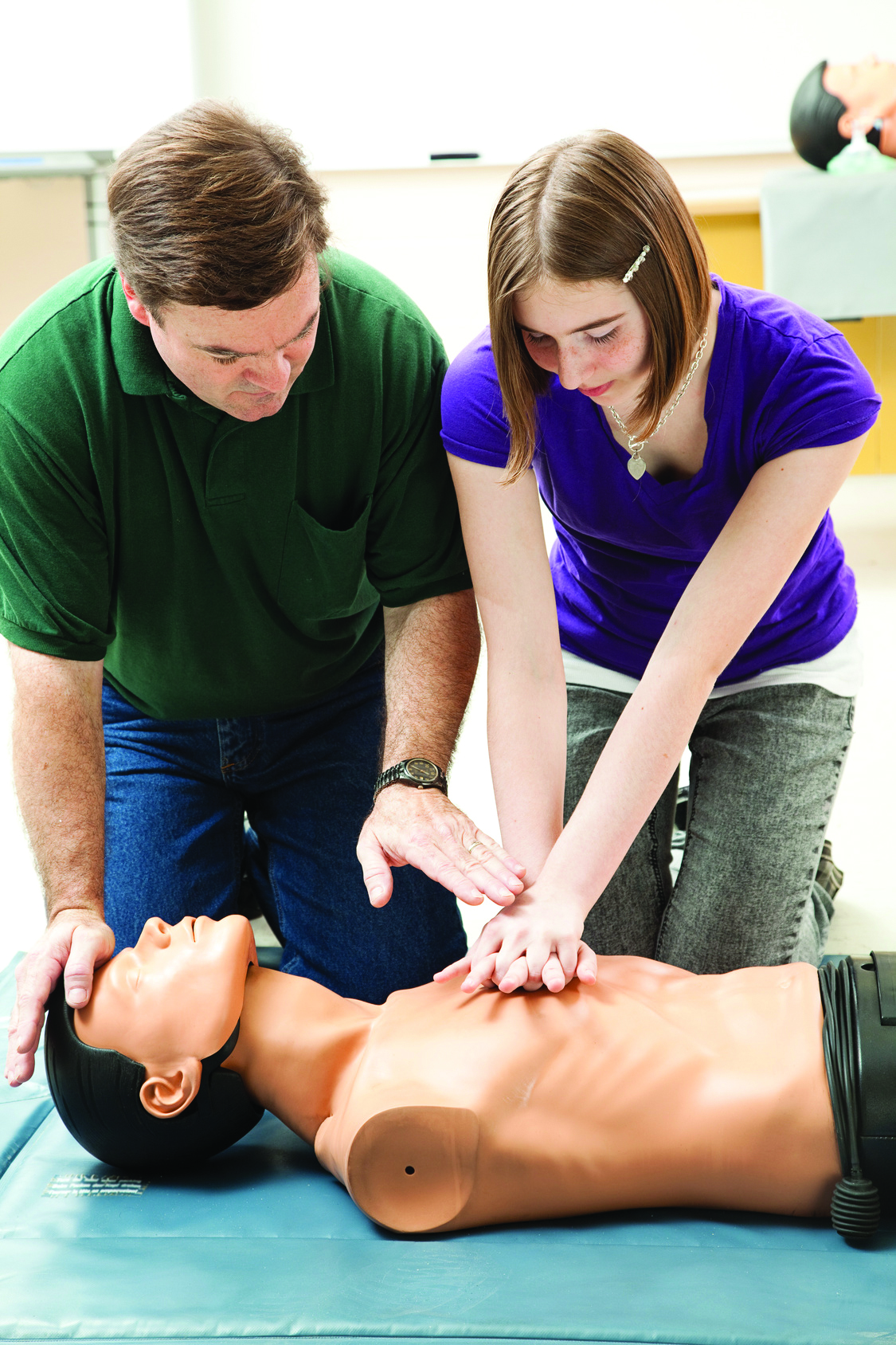
Health News
Features
-
Knowing is half the battle: Gynecological cancers explained
Q&A with Dr. Richard Cardosi on What You Need to Know to Stay—or Get—Healthy Dr. Richard Cardosi, a board-certified gynecologic oncologist and Polk County Medical Association member, provides comprehensive care for women with gynecologic malignancies and complex benign gynecologic conditions at Watson Clinic’s main office. He serves as president of Watson Clinic Foundation, looking for…
-
Are you prepared to save a life?
A Free, Hands-Only CPR Training Event Are you prepared to save a life? Learn about life-saving Hands-Only CPR at the upcoming Citizen CPR event, sponsored by the Polk County Medical Foundation. Citizen CPR is a non-profit agency, founded in 1985 under a mission to train as many people as possible in the basics of CPR.…
-
Educational (but cool) toys for my kids
Healthy Play Time is the Primary Goal with the Latest in Activity Toys and Games The list has gotten longer; the price tags more expensive. It’s the annual adventure for parents around the nation this time of year—finding the ultimate toys that children want and “need” this holiday season. However, a new trend in the…
Columns
-
Kybella Injections Target Fat in Chin, Neck
If you’re self-conscious about the appearance of your chin and neck area, Kybella might be for you. Kybella is the commercial name for deoxycholic acid, a product that kills fat cells. This acid actually already exists in our bodies, just in the digestive system. It breaks down fats so they’re more easily digested. It can…
-
What is Bell’s Palsy?
By: Edward Attaway, O.D. Bell’s Palsy is a condition in which one side of the face typically experiences temporary paralysis, often lasting from 3-6 months. It results from a dysfunction of the 7th cranial nerve, also referred to as the facial nerve, which controls the muscles on the side of your face. Affected muscles include…
-
When Do You Visit the Doctor for Hives?
Hives are itchy patches of skin that turn into swollen, itchy welts. They can vary in size. Chronic hives are defined as hives that last for more than six weeks and return over the course of months or years. The cause of chronic hives is often unknown. These welts are caused by some reaction that…



